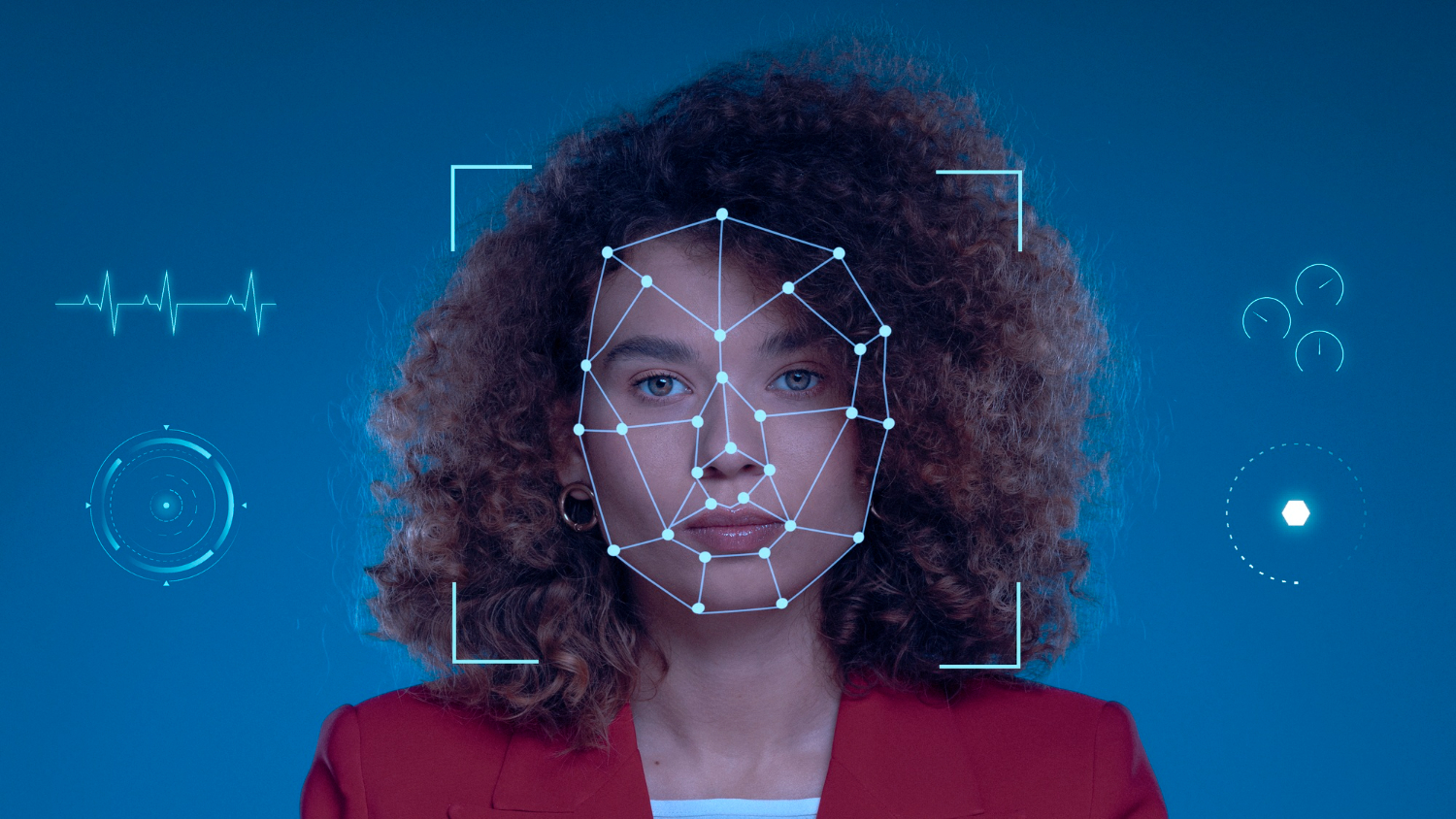At Roundhouse Cyber, we understand how crucial the protection of your digital identity is.
In this blog, we offer expert advice on how to ensure you are protected with a few tips on Cybersecurity Best Practices, providing actionable insights into maintaining a secure digital identity.
Digital Identity Explained
From social media profiles to online bank accounts, our digital identity is a composite of all the online data related to us.
Protecting this information is all-important, with a compromised digital identity possibly leading to a host of issues, including financial loss, reputation damage, and legal consequences.
Why is Protecting Your Digital Identity Important?
Before delving into the best practices, let’s understand why it’s vital to secure your digital identity:
1. Personal Data at Risk: Your digital identity contains personal data that could be exploited for identity theft, fraud, or other malicious activities.
2. Financial Security: Digital identities often encompass financial details, from your credit card information to your investment accounts.
3. Professional Reputational Risk: An insecure digital identity can be manipulated to send unauthorised messages, potentially damaging your professional reputation.
4. Legal Consequences: Stolen or compromised digital identity can be used to conduct illegal activities, for which you may inadvertently be held accountable.
How do I Protect Myself?
Strong and Unique Passwords
1. Complexity and Length: Create complex passwords that include a mix of letters, numbers, and special characters. Aim for a minimum length of 12 characters.
2. Avoid Personal Information: Names, birthdays, and dictionary words can be easily guessed or discovered.
3. Regular Updates: Update your passwords at regular intervals and immediately following any security incidents.
Multi-Factor Authentication (MFA)
1. Additional Security Layer: Always enable MFA whenever possible, as it adds another verification layer beyond just the password.
2. Various Forms of MFA: Utilise different forms like text messages, authenticator apps, or biometrics for diverse accounts.
Secure Your Email
1. Primary Point of Contact: Since your email is often the recovery point for many other accounts, ensure it has a strong password and MFA enabled.
2. Suspicious Links and Attachments: Be wary of unsolicited emails containing links or attachments, as they could be phishing attempts.
Watch Your Digital Footprint
1. Privacy Settings: Review and adjust privacy settings on social media platforms to control who can see your information.
2. Think Before Posting: Always be cautious about posting sensitive or personally identifiable information.
Regularly Monitor Accounts and Credit Reports
1. Check for Unauthorised Activities: Regularly scrutinise your financial accounts and credit reports to detect any unauthorised transactions or changes.
2. Set Alerts: Many financial institutions offer alert settings that can notify you about suspicious activities.
Keep Software Updated
1. Latest Security Patches: Always keep your operating system, antivirus, and other software updated to benefit from the latest security patches.
2. Automatic Updates: Turn on automatic updates when possible, so you don’t miss essential security improvements.
Public Wi-Fi and VPNs
1. Avoid Public Wi-Fi: Public Wi-Fi networks are often insecure and can be a hotbed for cybercriminal activity. Avoid conducting sensitive transactions over these networks.
2. Use a VPN: A Virtual Private Network (VPN) encrypts your internet connection, making it more challenging for hackers to intercept your data.
Knowledge is Power
Protecting your digital identity is an ongoing effort that involves understanding the risks, making informed choices, and continually updating your security measures.
At Roundhouse Cyber, we offer Cybersecurity Awareness Training, giving you the knowledge and skills to stay that one step ahead. Our Cybersecurity Awareness course is comprehensive and covers a wide range of topics, ensuring you’re well-prepared to tackle various cybersecurity challenges.
Roundhouse Cyber also offers Cyber Certification Advice & Training. This service provides guidance on the various industry certifications and comprehensive training to help you achieve them.
By adopting these cybersecurity best practices, you not only protect yourself but also contribute to a more secure digital ecosystem.
Be vigilant and proactive in guarding your digital identity—it’s an invaluable asset in today’s digital age.

